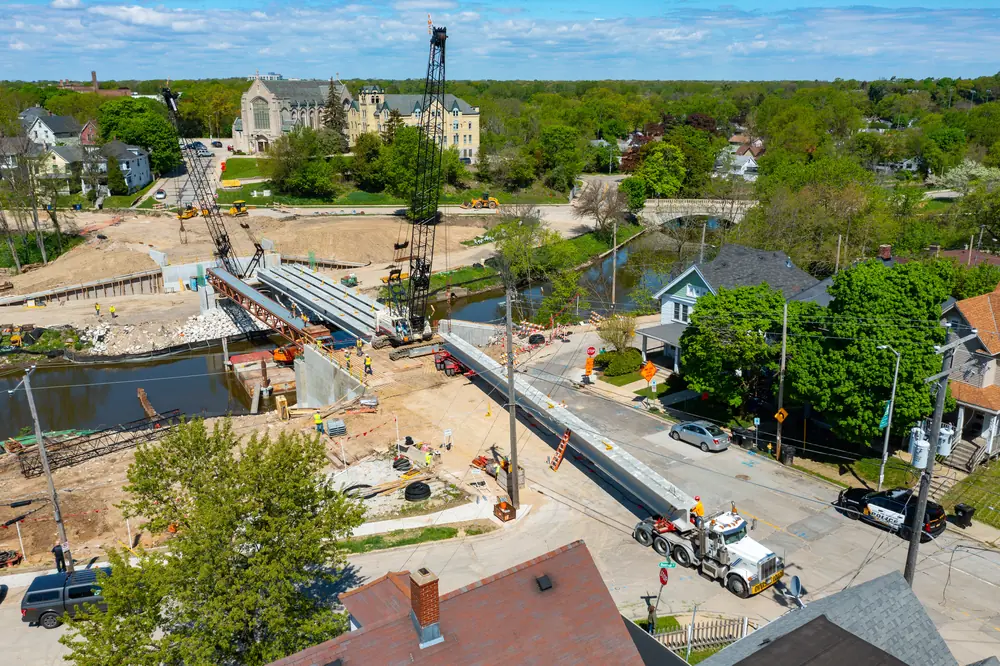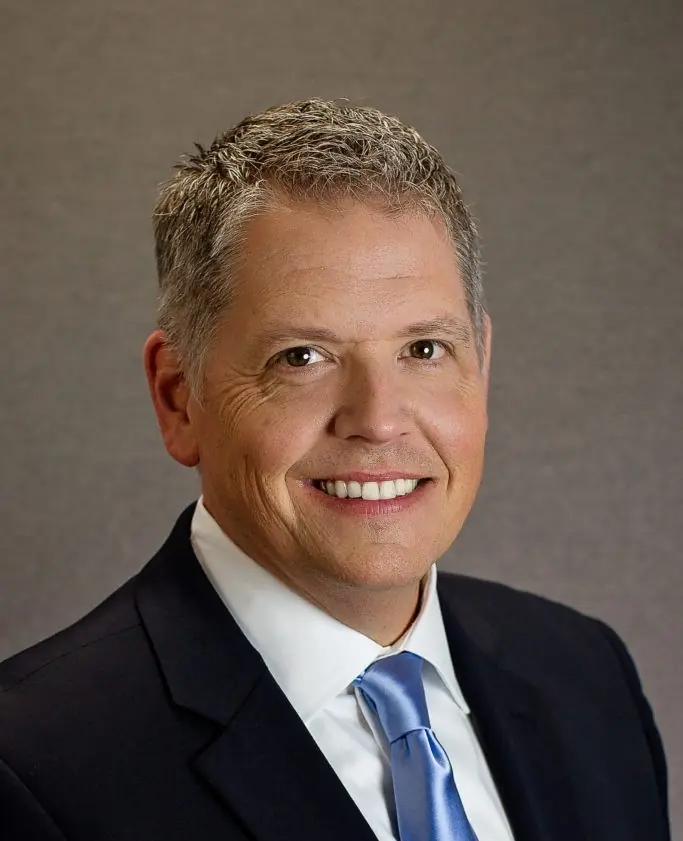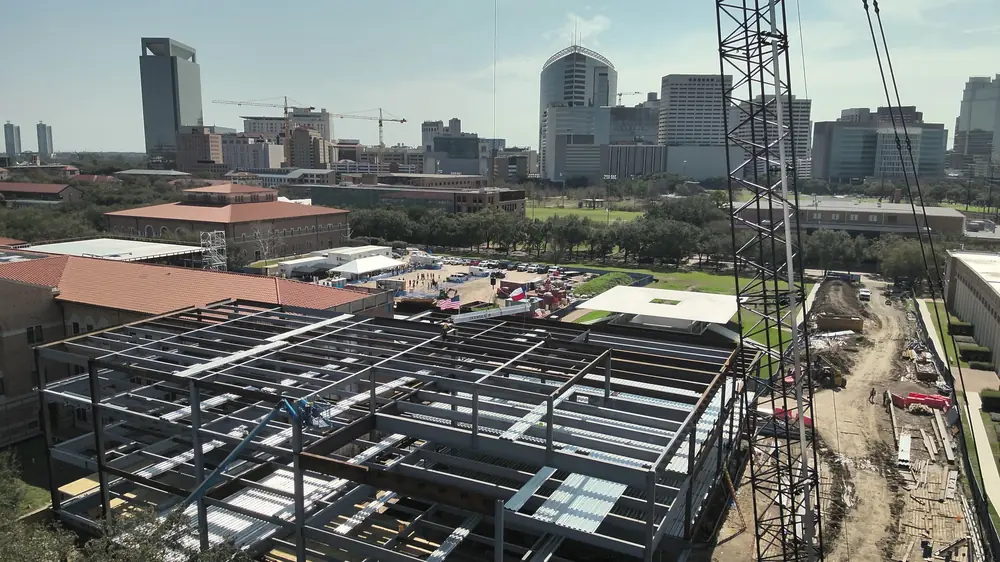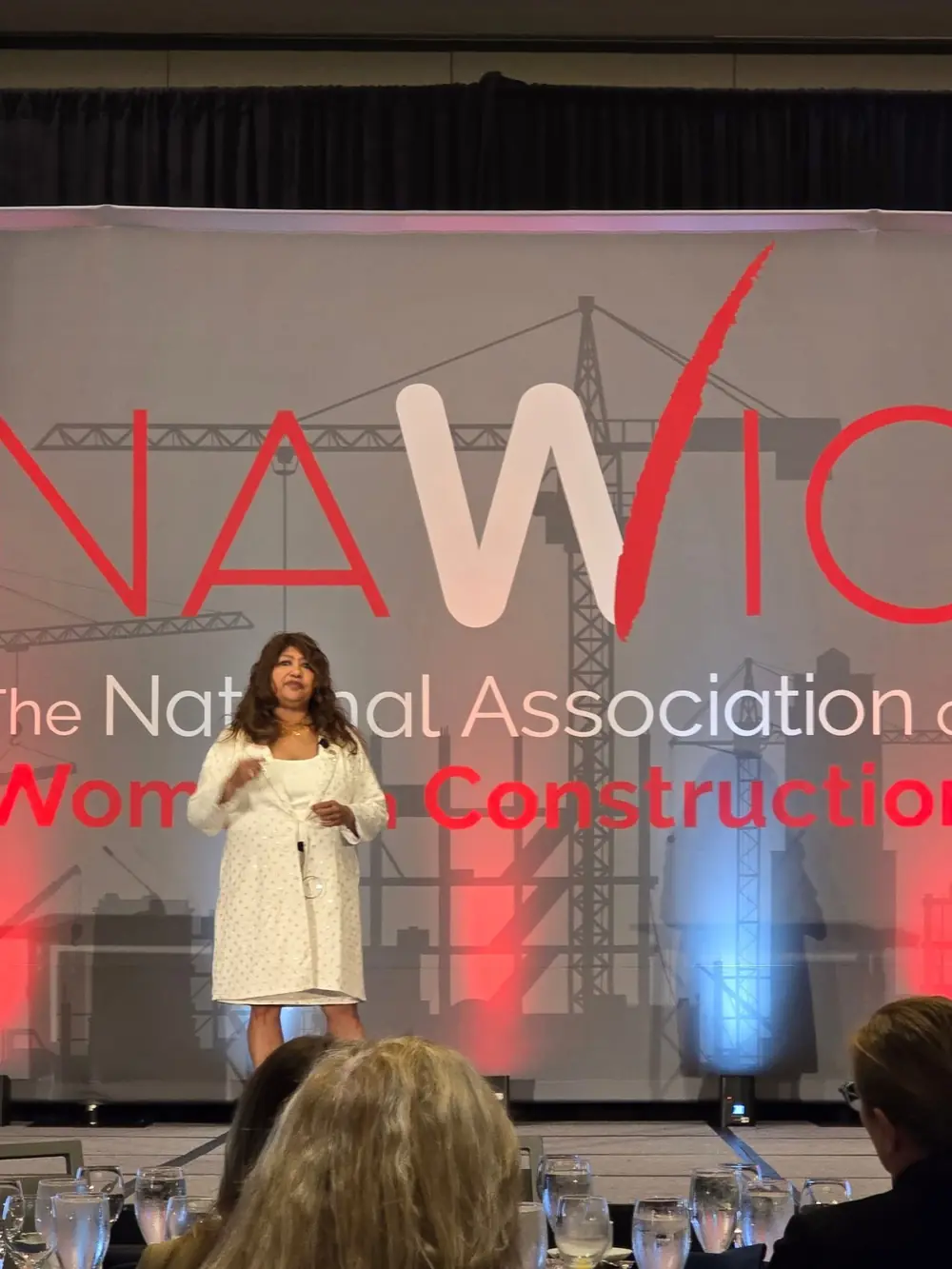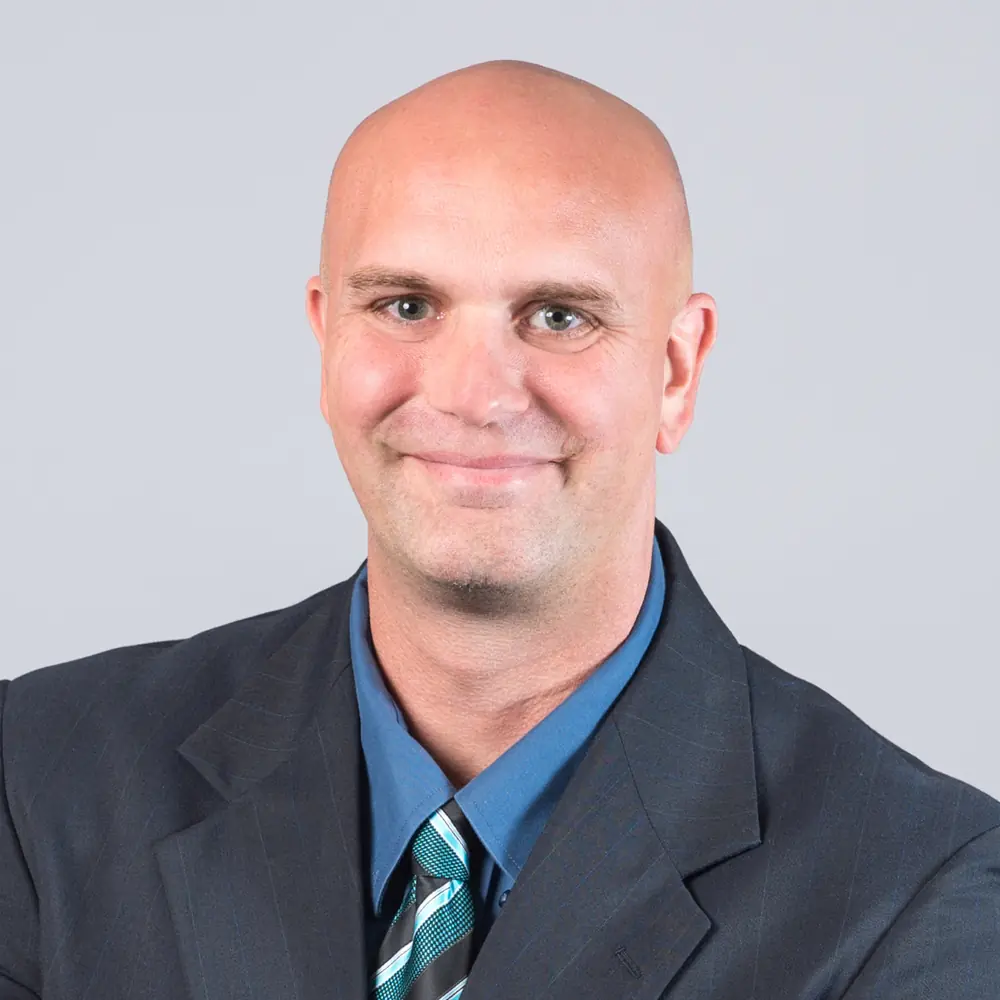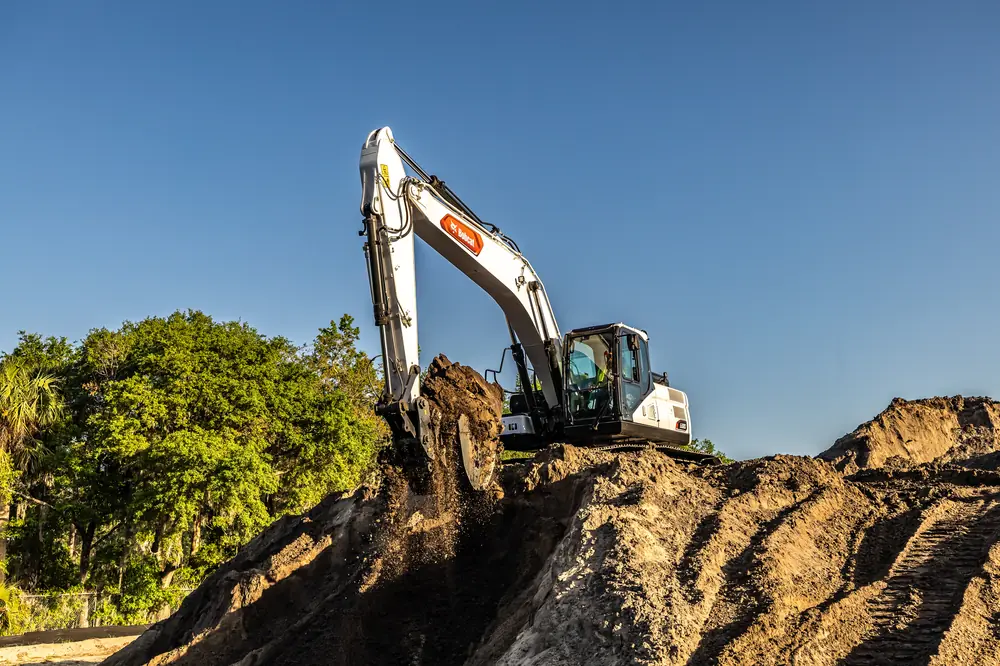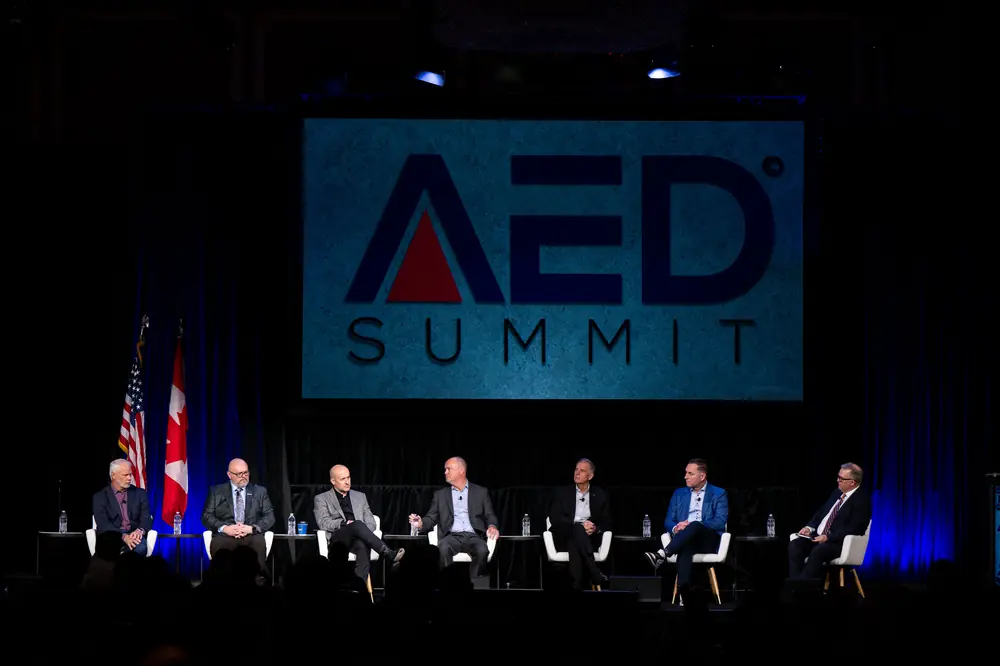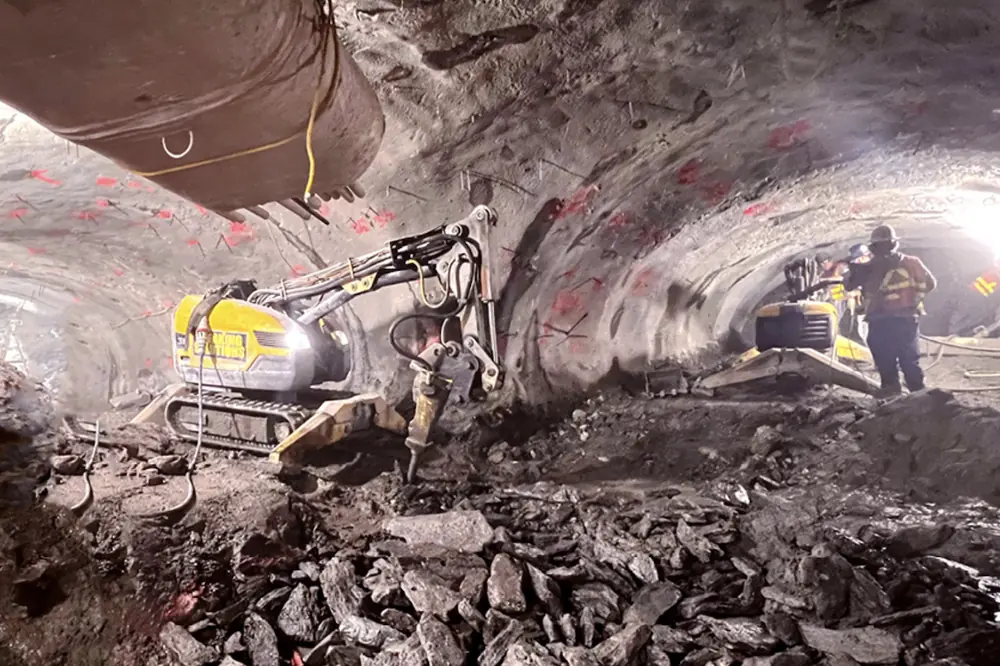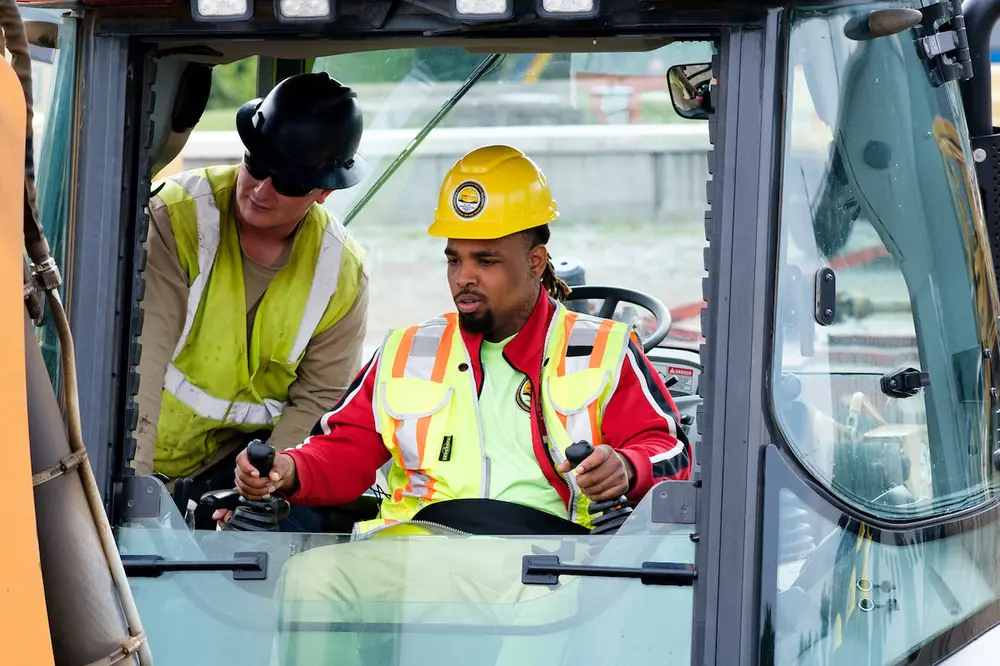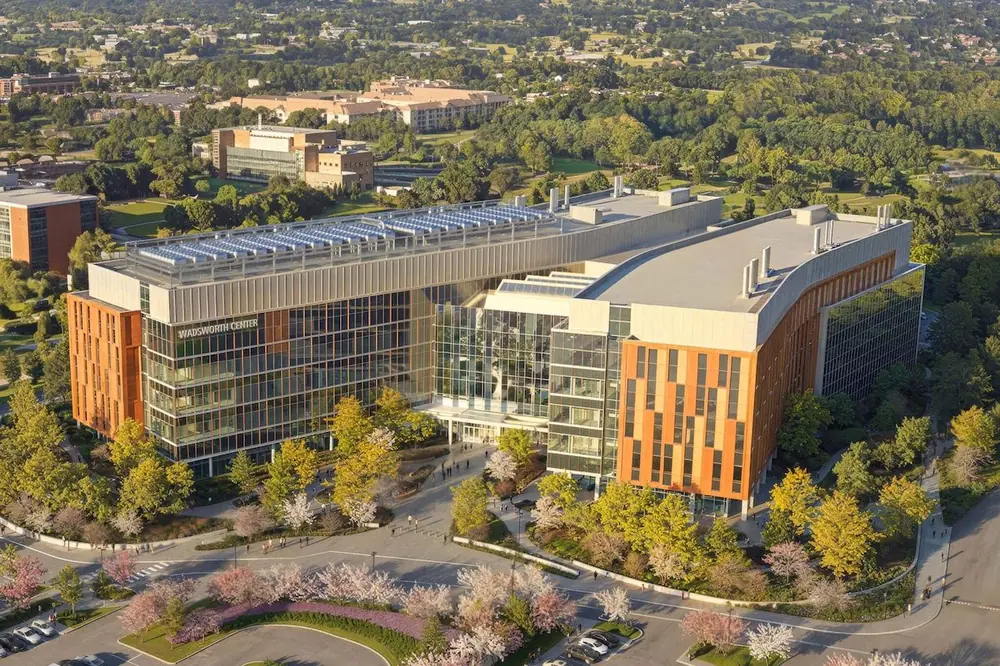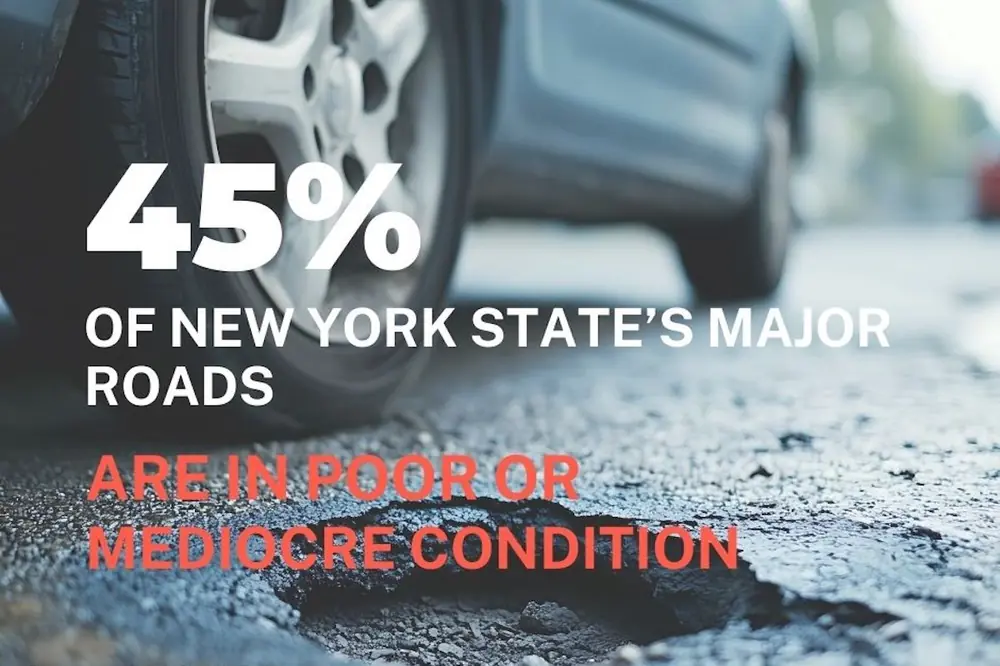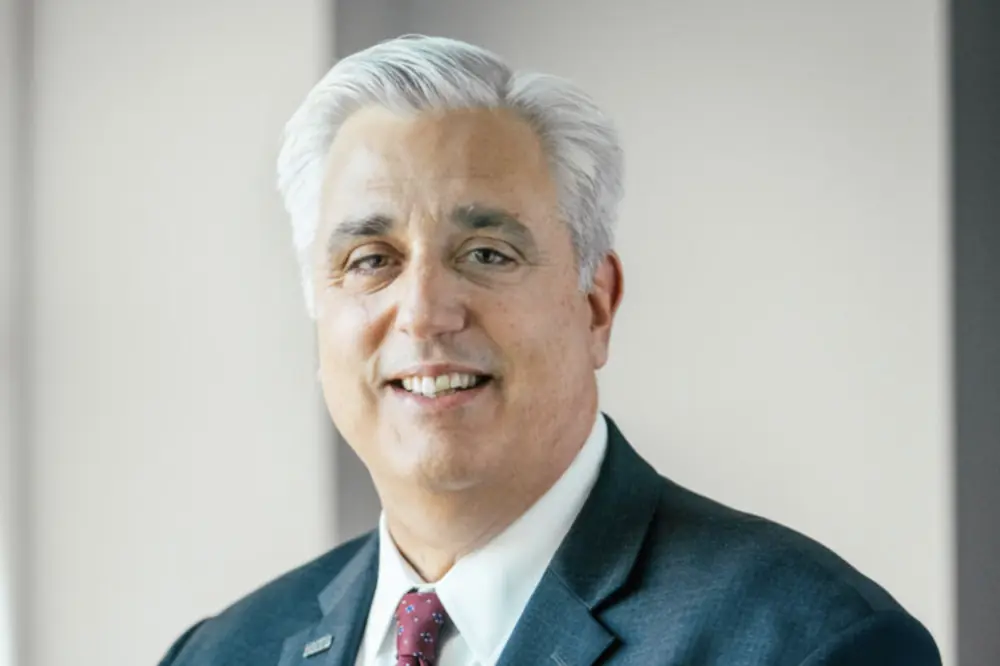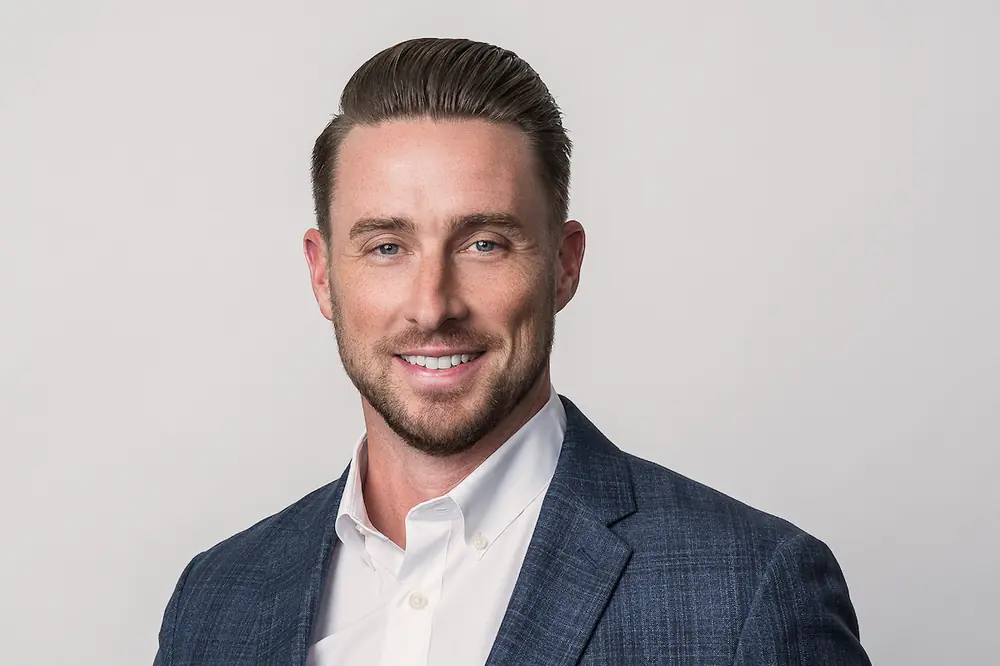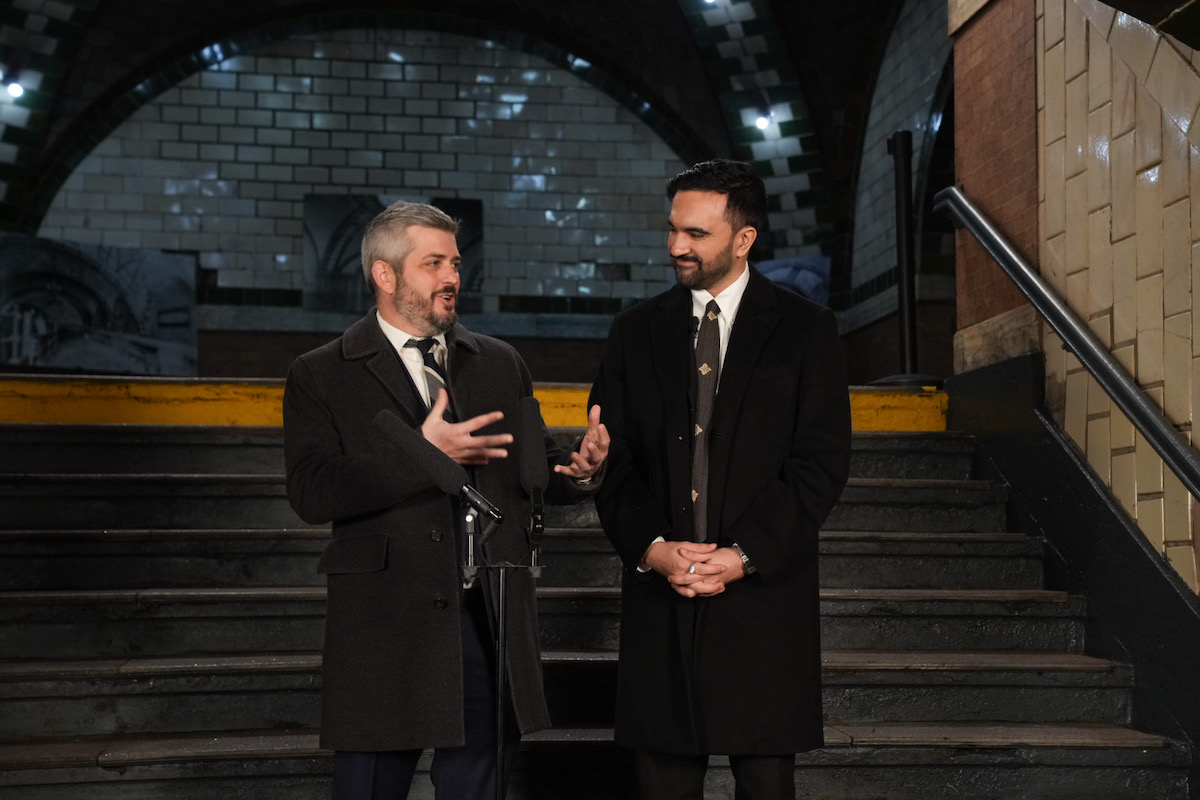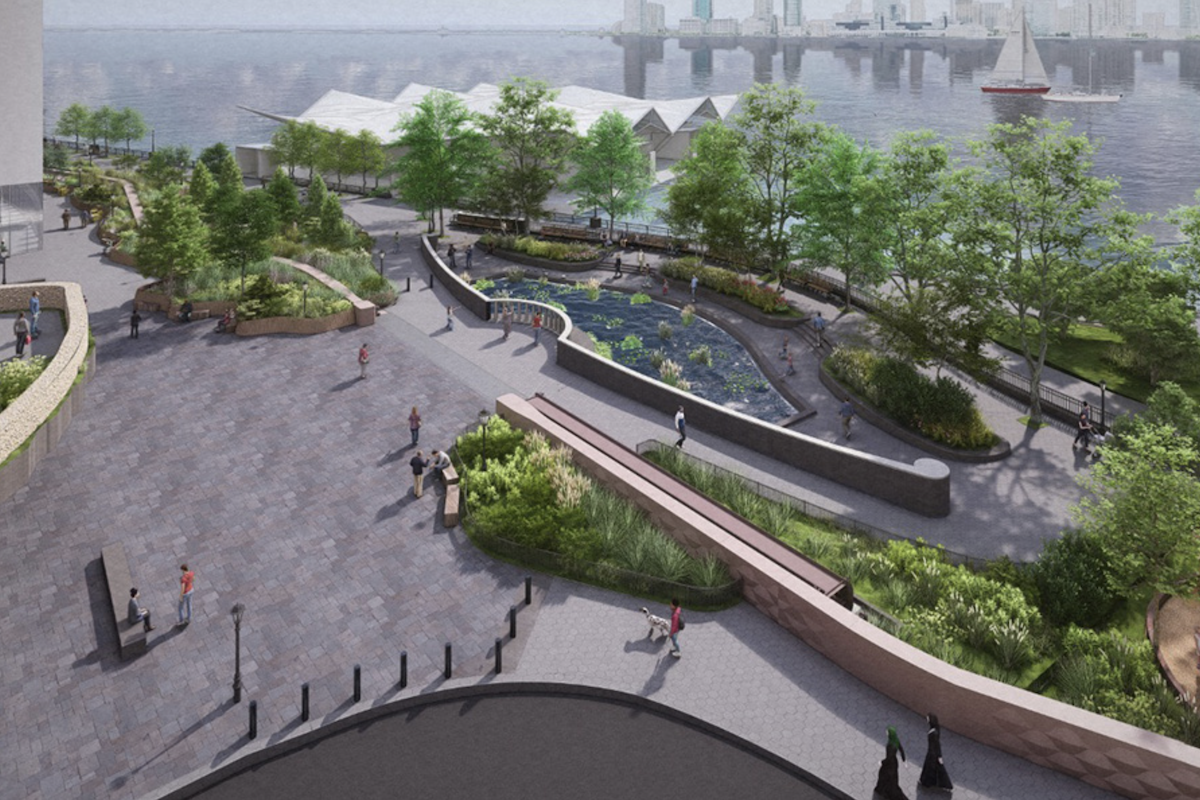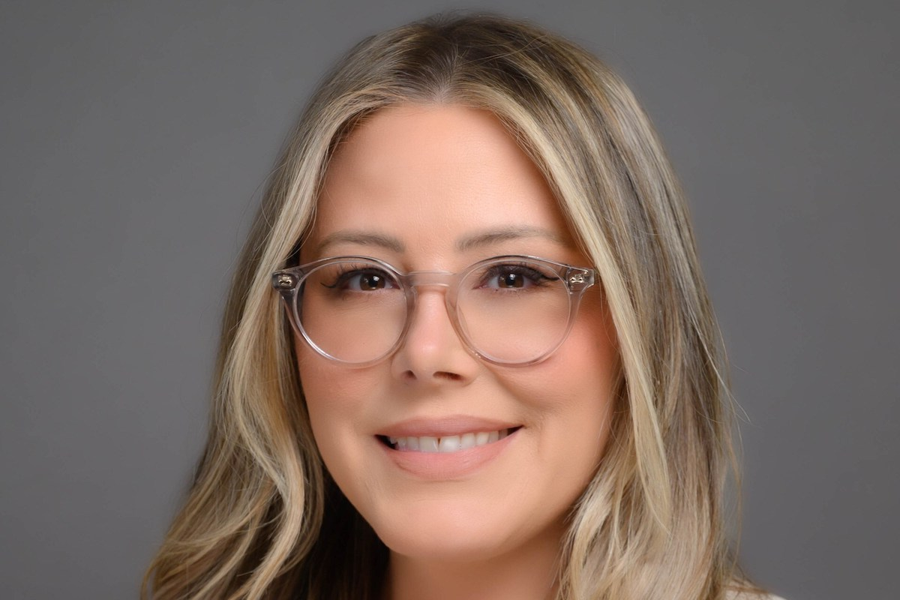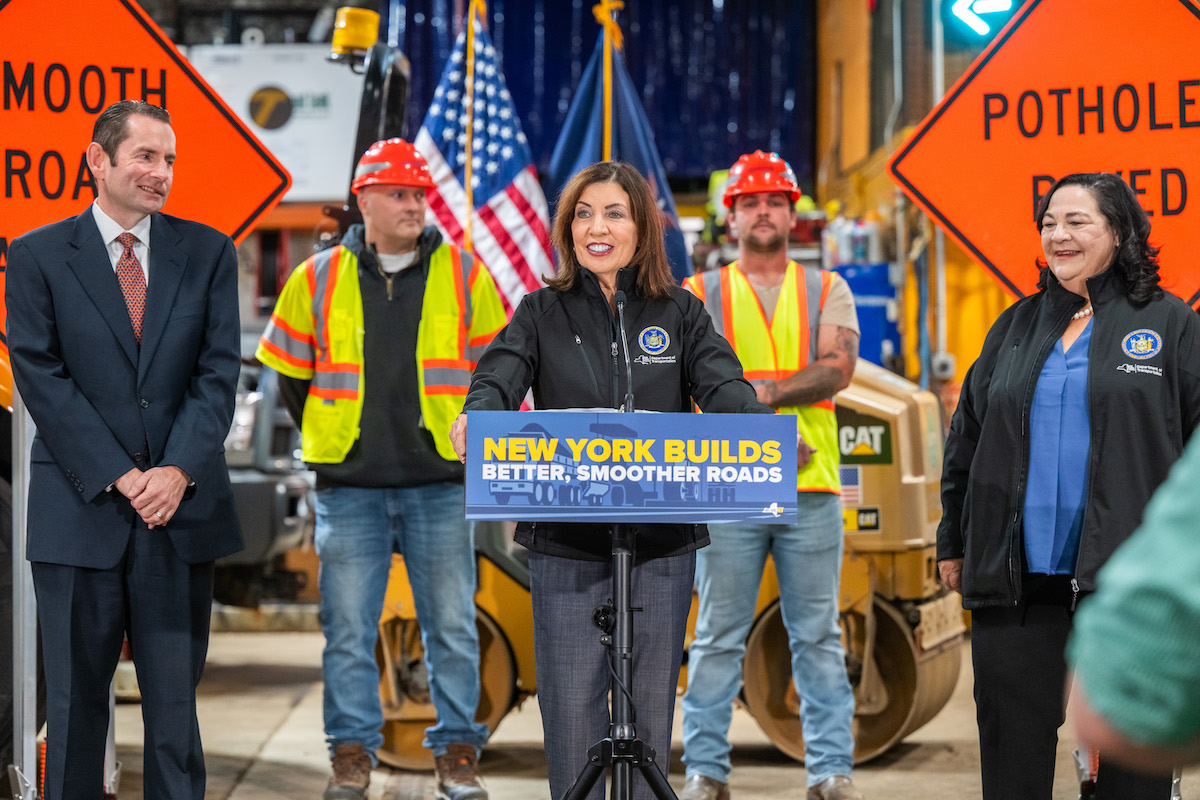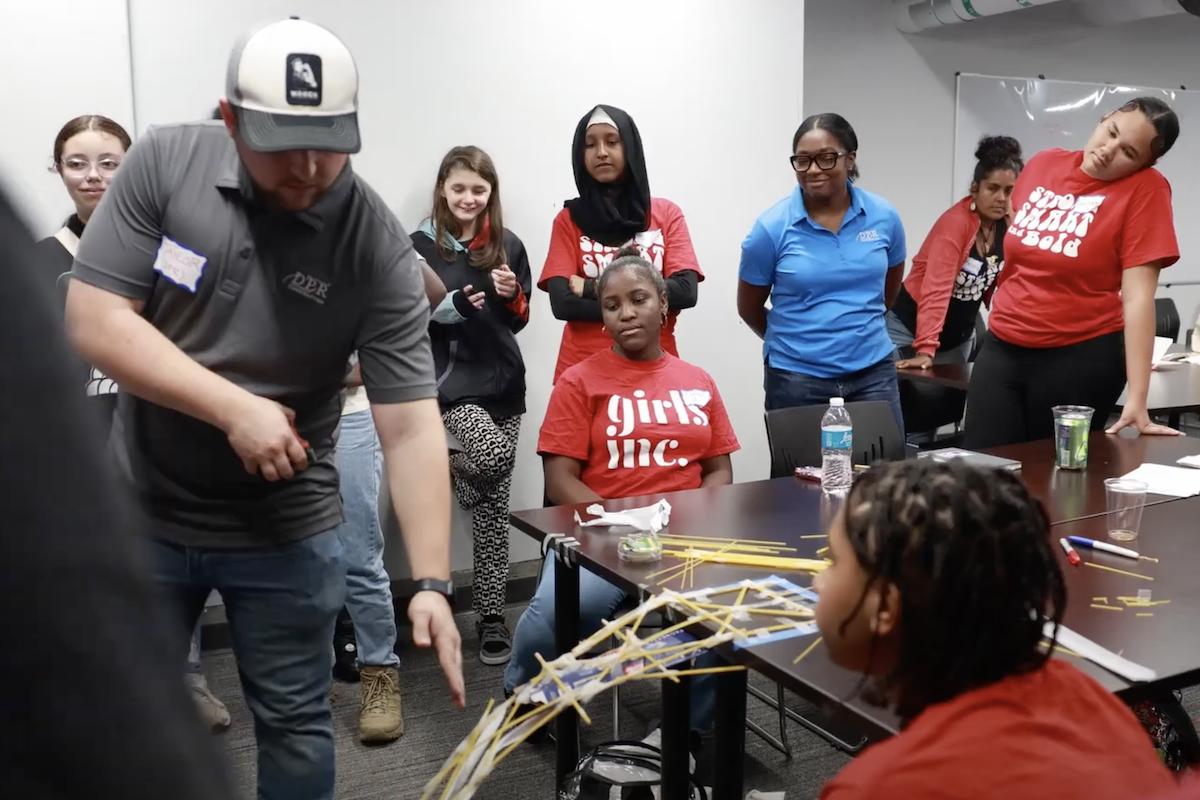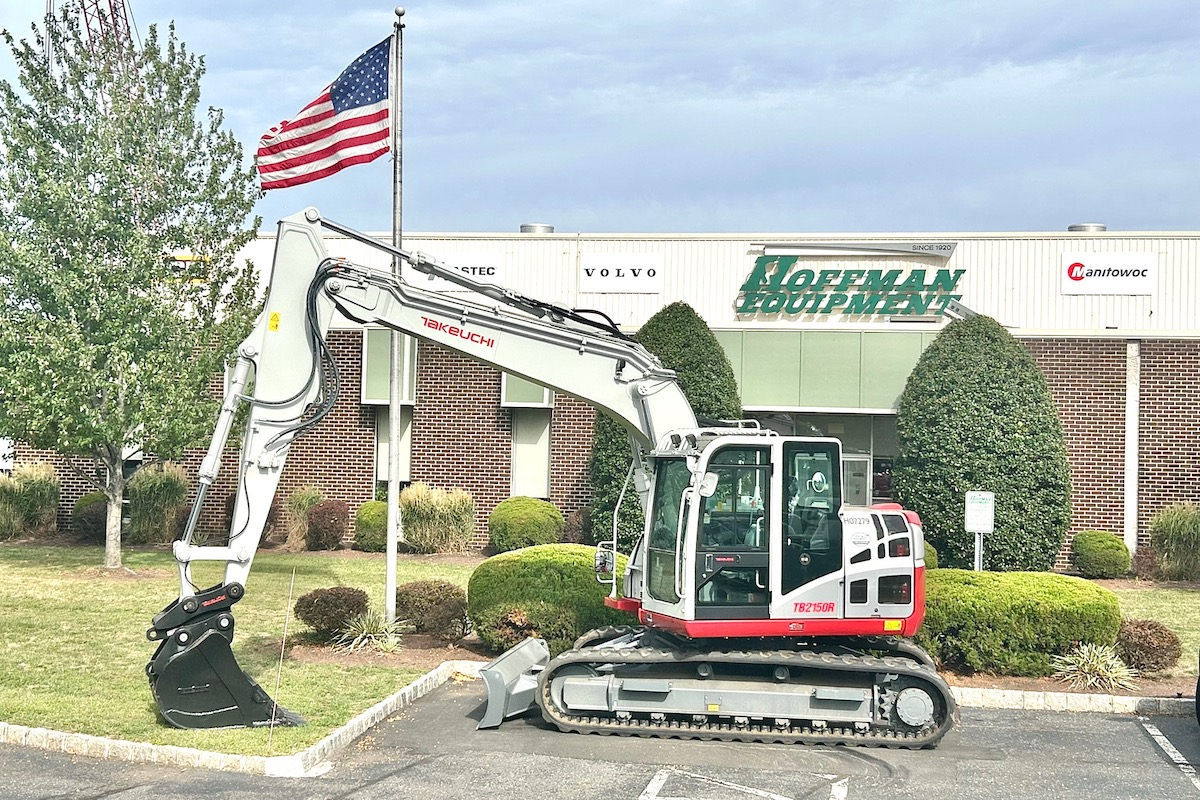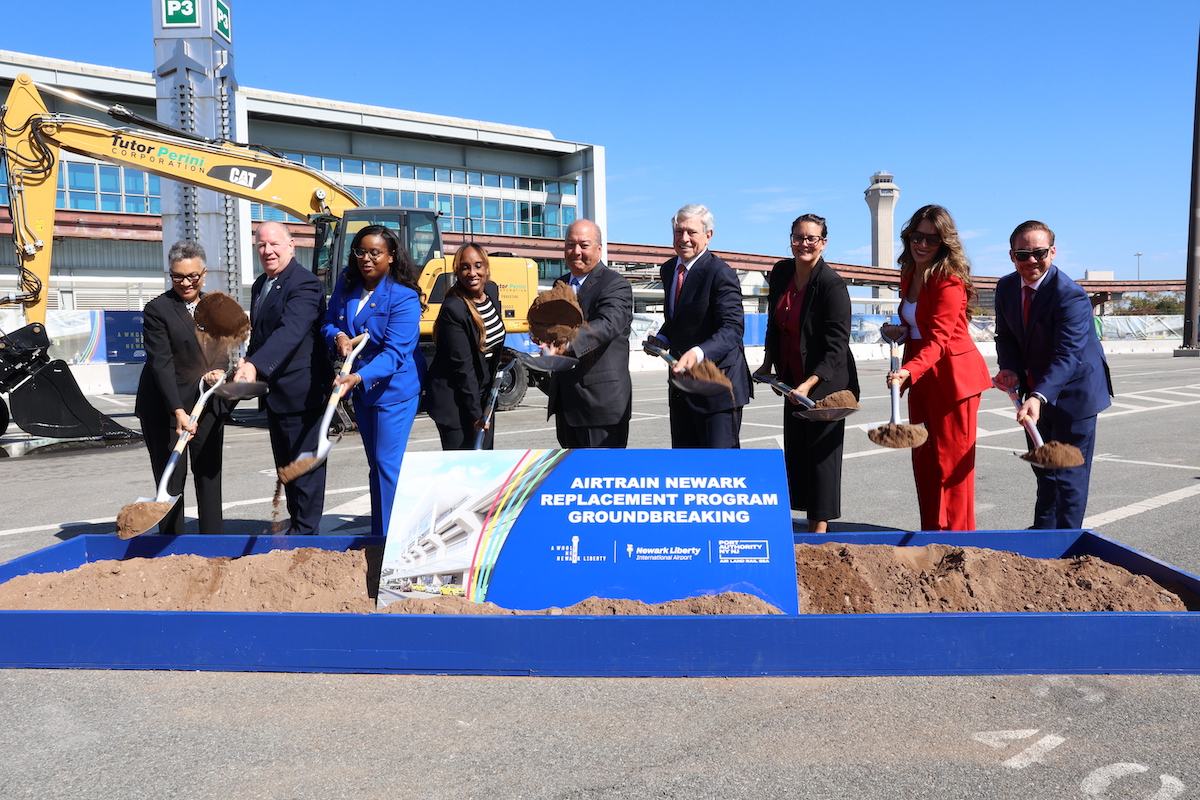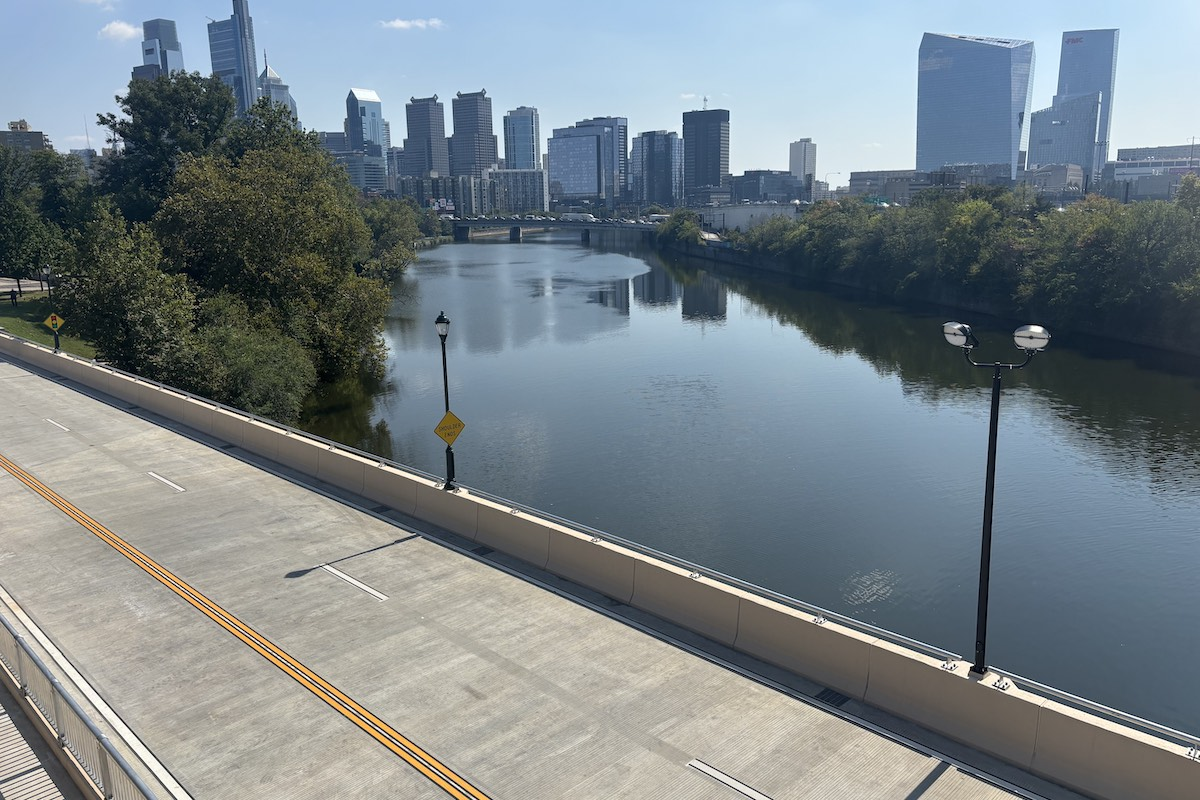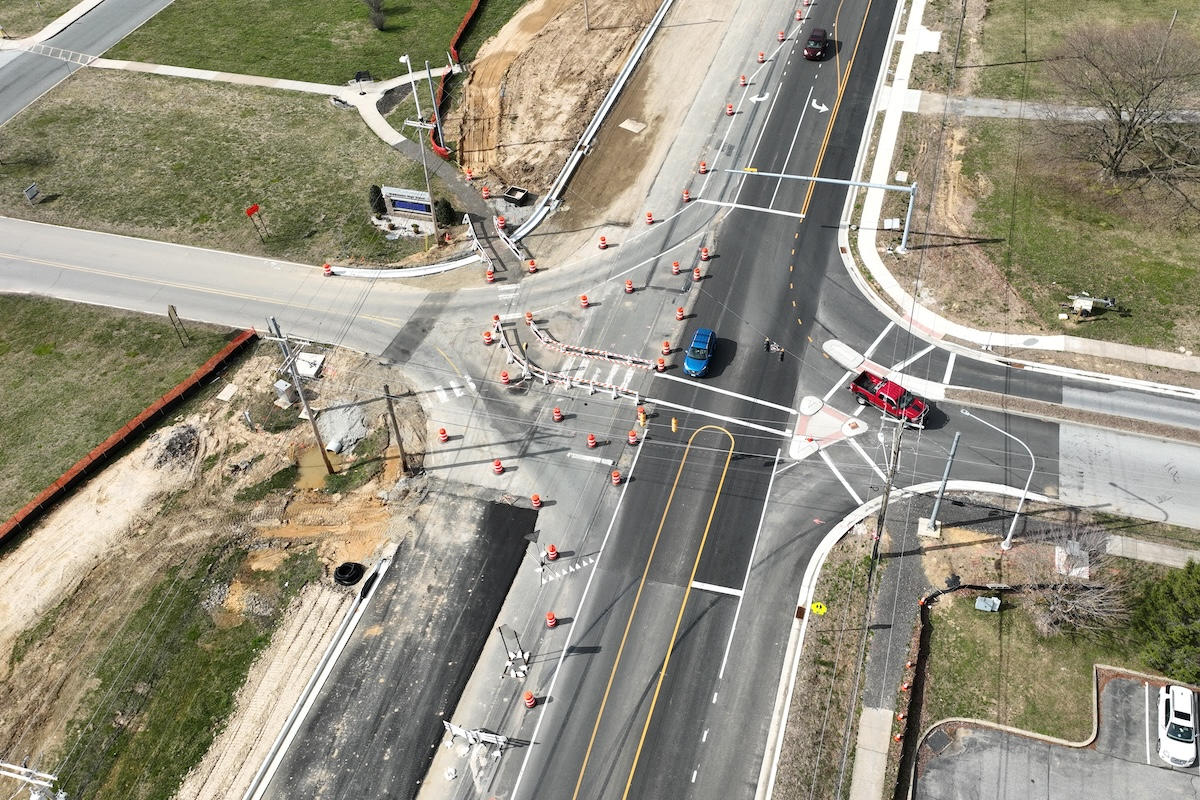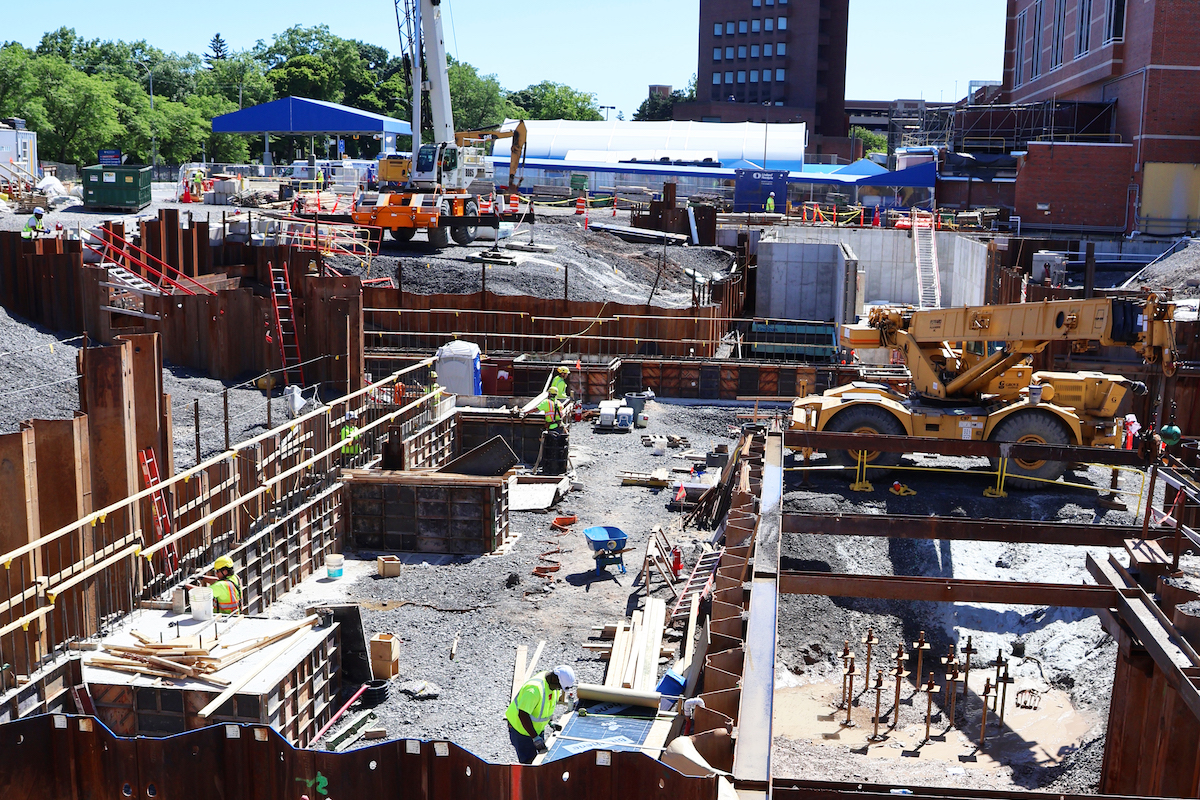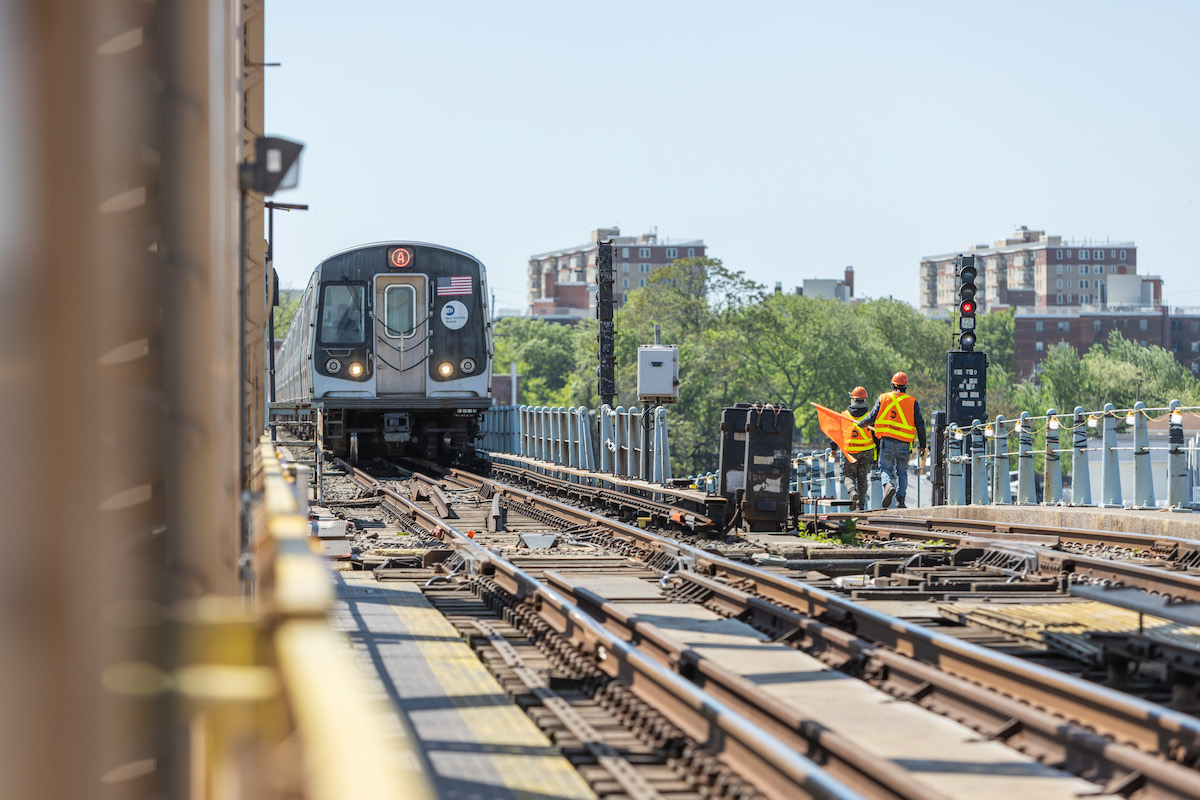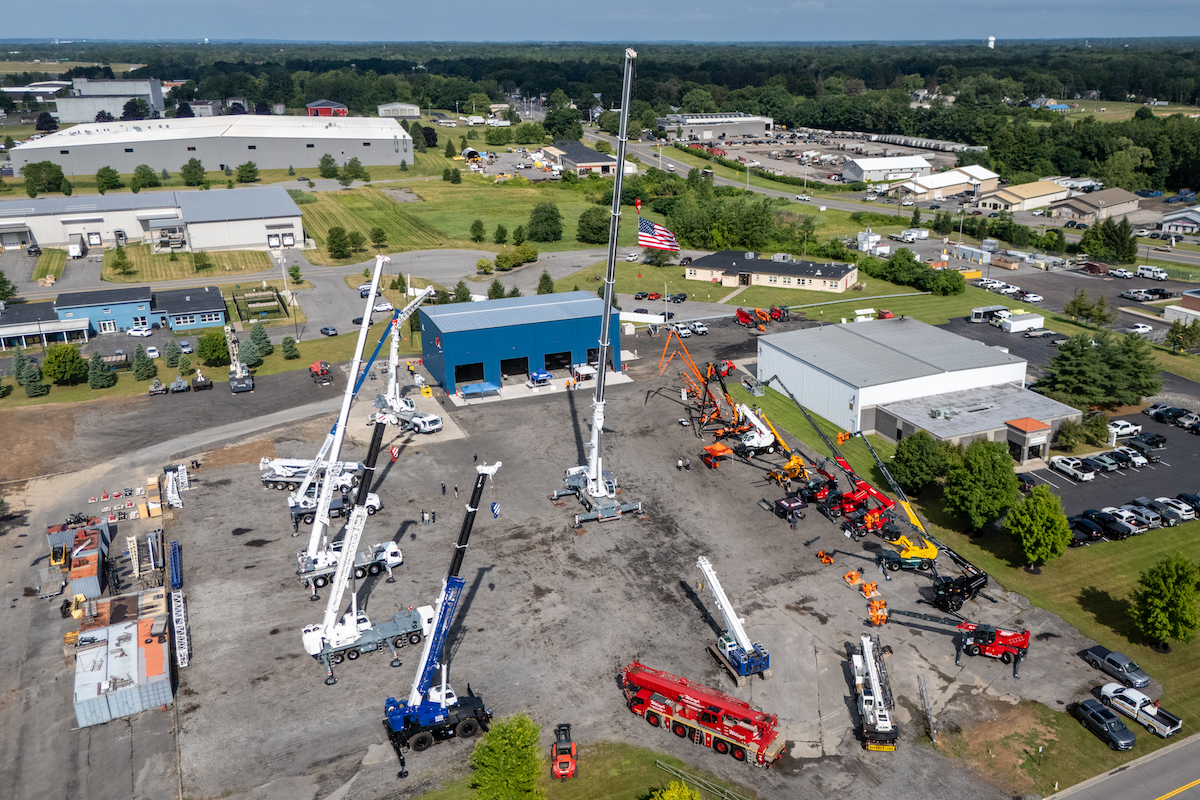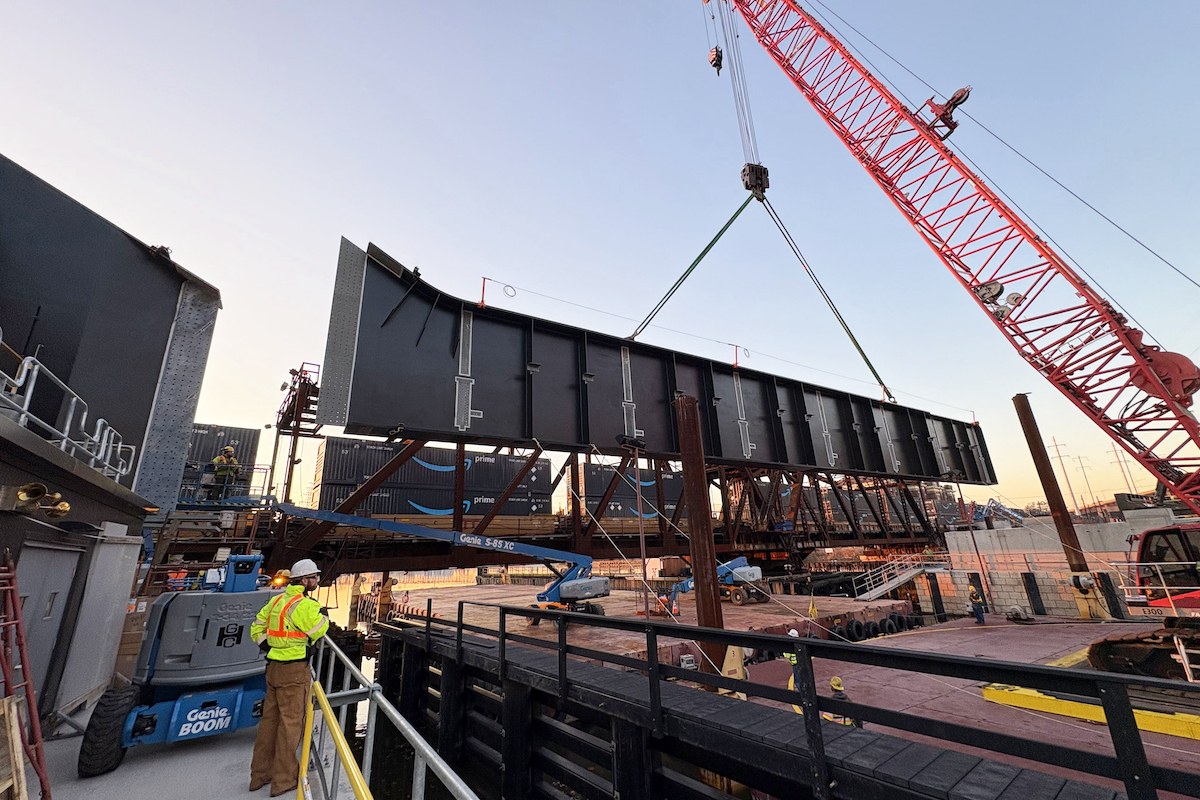Eagan and Greg Jacoby, AIA, Principal and CEO at Browning Day, sat down with Building Excellence to discuss how Eagan’s arrival will elevate the quality of design offered by Browning Day and expand the firm’s capacity for in-house collaboration and mentorship.
Jacoby said that when Eagan approached Browning Day about moving his practice, “We immediately noticed how Michael’s expertise, values, and passion aligned with our mission to improve the human experience through transformative design, and we thought, ‘Well, if we meet philosophically and growing our faith-based practice aligns with our values, then partnering together would be a profound way to elevate how we can serve our faith-based community.”
“The Browning Day Team is creative, devoted, and experienced.” Eagan said. “Browning Day has multiple disciplines with architecture, landscape architecture, interior design, and planning – and those are key elements to any design project.”
Designers at Browning Day represent a broad cross-section of experience, ranging from master planning to sustainable design. Eagan’s arrival allows Browning Day to combine decades of faith-based design knowledge with the expertise of various disciplines to provide faith-based clients with all-encompassing designs.

| Your local Trimble Construction Division dealer |
|---|
| SITECH Allegheny |
| SITECH Northeast |
Jacoby smiled while saying, “We are lucky to have the talented staff we have. They take our projects to a higher level. We can do the planning of a 60 or 70-acre site, and we can do the specific design of a single chair. We call it From Site to Seat.”
“Faith-based organizations usually have ambitious goals that impact mankind rather than the bottom line. It's important for us to understand their aspirations and how empathetic design might achieve those goals,” Eagan said. “Those goals might include accessibility in a welcoming worship environment or the sustainability of the facility to create a lasting space with minimal impact on the environment.”
When Eagan began his career in 1982, he was assigned to work on a small church on the northeast side of Indianapolis. Although he had limited responsibilities, he quickly learned that the church’s leadership required more guidance to understand the design needs.
Eagan explained, “They needed that assistance throughout the life of the project, and I enjoy that sort of grassroots dialogue to align diverse perspectives to help get folks on board.”
“Browning Day is a more holistic design house. We have expertise in lots of different things, but we don't necessarily lock that expertise into any one individual,” Jacoby said. “We are better designers as a team.”
As many faith-based clients desire more than just a place of worship, Browning Day is now equipped to handle every aspect of a faith-based project by making use of the firm’s wide-ranging expertise.
“If a faith-based client wants to add a gymnasium, we’ll have ample experience creating athletic community spaces,” said Jacoby, “You want new fields, indoor/outdoor pools, custom designs, playgrounds, community surveys, gyms? We can provide all that expertise in-house. Every type of space that a faith-based group would want to design, we can handle.”
Even more important than Eagan’s extensive knowledge of faith-based architecture is his decades of experience interfacing with clients.
“Michael is able to mentor our emerging leaders on how to engage diverse groups with dynamic needs and respond to hard questions because he’s had to answer those questions for 40 years,” Jacoby said. “He elevates our ability to collaborate within the faith-based community and be better servants to our clients.”
Browning Day knows that one of the biggest challenges in this market is growing the next generations of leaders and giving them the tools to be successful.
“As part of our transition plan, we are focused on mentorship, and we need people with Eagan's experience to invest in the future of the firm,” Jacoby said.
Eagan added, “That's one of the joys of being here. I find it a nice challenge mentoring emerging leaders at Browning Day to better serve the needs of the faith-based community both now and in the future.”






